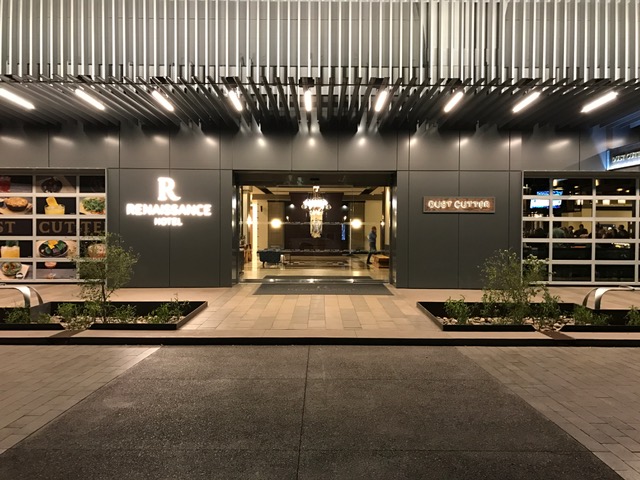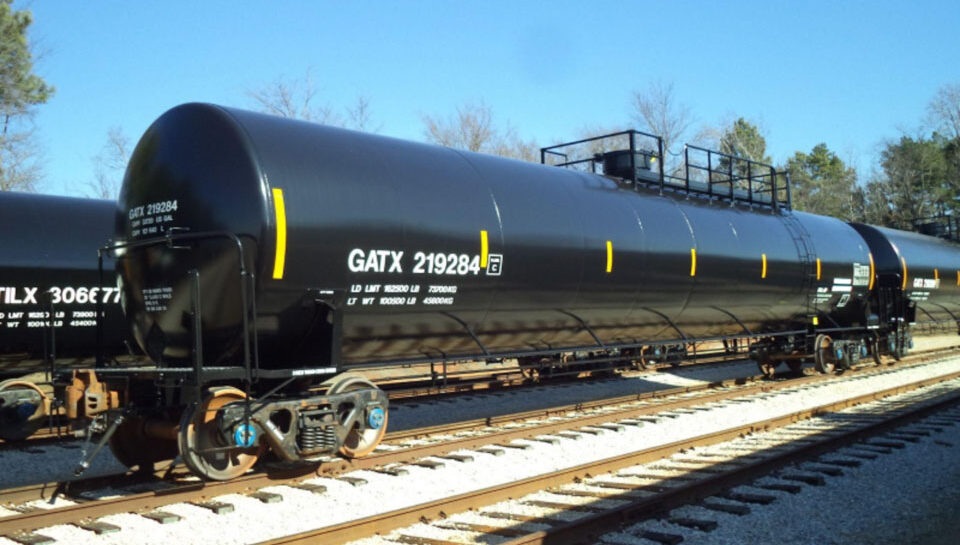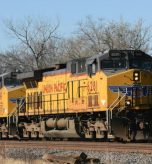Introduction
The global push toward carbon-neutral fuels has created significant opportunities for innovative supply chain solutions. A consortium of energy companies sought to develop a groundbreaking renewable methane (eMethane) production facility requiring approximately 350,000 metric tons of CO2 annually. The project aimed to capture CO2 from ethanol plants in the U.S. Midwest and transport it to a Gulf Coast production facility where it would be combined with green hydrogen to produce carbon-neutral methane for export. Our experts identified viable CO2 sources, determined transportation logistics, and developed an implementation strategy to satisfy the project’s environmental attributes while meeting economic requirements under the 45Q tax credit regime.
At A Glance
Our supply chain experts delivered a comprehensive analysis and sourcing strategy for a renewable methane project that requires consistent, large-scale CO2 supply through rail transportation.
Requirements:
- Identify multiple ethanol plants capable of supplying at least 150,000 MT/yr of CO2
- Determine rail logistics and costs for delivery to the Gulf Coast facility
- Ensure CO2 sourcing aligns with 45V power grid regions for tax credit qualification
Our team’s deep supply chain expertise in carbon markets enabled a thorough evaluation of seven potential suppliers, a complete logistics assessment, and developing a rail-based CO2 supply chain solution that balanced economic and environmental considerations.
The Challenge
The consortium faced multiple interconnected challenges in securing reliable CO2 supply. Their Gulf Coast production site was far removed from most viable CO2 sources, primarily ethanol plants in the Midwest. Traditional pipeline delivery would require significant capital investment and face permitting challenges. The evolving marketplace for captured carbon created competition for CO2 sources, as the 45Q tax credit regime transformed CO2 from a waste product into a valuable commodity.
Additionally, the project required predictable supply economics over a 10+ year timeframe, but most potential suppliers lacked carbon capture equipment and faced capital constraints. The turbid market conditions with many competing CCUS projects created uncertainty among emitters about committing their CO2. Another challenge was transportation—the distance necessitated rail delivery, but the existing CO2 railcar fleet was limited to approximately 3,000 cars, and the consortium would need dedicated tank cars for their volumes.
Most critically, the project required navigating complex environmental attribute accounting to avoid double-counting emissions reductions and align with both U.S. and international carbon accounting frameworks.
PraxiChain Solution
- Conducted comprehensive mapping of ethanol facilities with CO2 emissions exceeding 150,000 MT/yr across the Midwest
- Assessed rail transportation feasibility for seven candidate ethanol plants, including:
- Transit time analysis (direct unit train service vs. manifest service)
- Capital requirements for rail infrastructure and tank cars
- Operating costs per metric ton for different routes
- Alignment with 45V power grid regions
- Engaged directly with ethanol producers to assess willingness to participate and investment capacity
- Developed detailed cost models incorporating CO2 capture equipment requirements, rail transportation, and 45Q tax credits
- Created implementation framework for rail-based CO2 supply chain, including venting considerations and transit time optimization
Results
The engagement successfully identified and engaged with multiple ethanol producers capable of supplying the required CO2 volumes, with four facilities expressing strong interest in further discussions. The analysis revealed that rail transportation while requiring significant investment in tank cars (either lease or purchase), represented a viable alternative to pipeline construction with 3-6 days transit times for direct unit train service from the most promising locations.
The economic assessment demonstrated that CO2 costs ranged from $65-135 per metric ton, significantly varying depending on whether existing CO2 capture systems were in place. Plains and Midwest 45V power grid facilities provided additional tax credit advantages. The team’s analysis also highlighted the opportunity for co-location scenarios to eliminate transportation requirements, potentially improving project economics.
The comprehensive supply chain strategy positioned the consortium to move forward with confidence in its CO2 sourcing approach. It allowed it to engage in more detailed negotiations with specific suppliers while understanding the full spectrum of economic and operational considerations. Our firm’s expertise in the evolving CO2 marketplace proved instrumental in navigating complex carbon accounting frameworks and identifying opportunities amid tight capital constraints in the ethanol industry.















